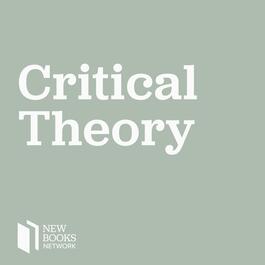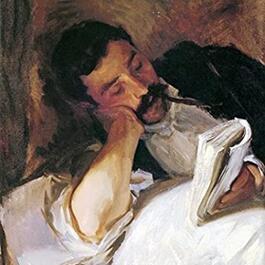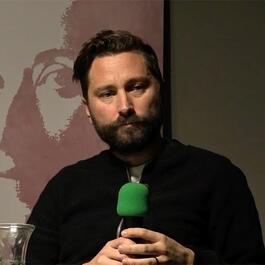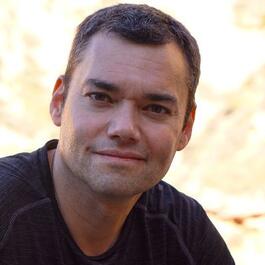
New Books in Critical Theory
This podcast is a channel on the New Books Network. The New Books Network is an academic audio library dedicated to public education. In each episode you will hear scholars discuss their recently published research with another expert in their field. Discover our 150+ channels and browse our 28,000+ episodes on our website: newbooksnetwork.com Subscribe to our free weekly Substack newsletter to get informative, engaging content straight to your inbox: https://newbooksnetwork.substack.com/ Follow us on Instagram and Bluesky to learn about more our latest interviews: @newbooksnetwork Support our show by becoming a premium member! https://newbooksnetwork.supportingcast.fm/critical-theory
Show episodes

Lucy Jeffery and Anna Váradi, "Replaying Communism: Trauma and Nostalgia in European Cultural Production" (CEU Press, 2025)
In this episode, host Andrea Talabér (CEU Press) sat down with Lucy Jeffery and Anna Váradi to talk about their edited volume, Replaying Communism: Trauma and Nostalgia in European Cultural Production. The volume explores the lasting impact of the communist era across Central and Eastern Europe, with chapters thematica

Graham Harman, "Waves and Stones: The Continuous and the Discontinuous in Human Thought" (Allen Lane, 2025)
A new exploration of our conception of reality, by one of the world’s most influential philosophers.How do we understand the world and our place in it? Do our lives consist of a small number of dramatic turning points, or is there nothing but a series of gradual changes from infancy to old age? Are political elections
For decades, the field of scholarship that studies the law and practice of international organisations -also known as 'international institutional law'- has been marked by an intellectual quietism. Most of the scholarship tends to focus narrowly on providing 'legal' answers to 'legal' questions. For that reason, perspe

Anne Lawrence-Mathers, "The Magic Books: A History of Enchantment in 20 Medieval Manuscripts" (Yale UP, 2025)
Medieval Europe was preoccupied with magic. From the Carolingian Empire to Renaissance Italy and Tudor England, great rulers, religious figures, and scholars sought to harness supernatural power. They tried to summon spirits, predict the future, and even prolong life. Alongside science and religion, magic lay at the ve

Rachel Jean-Baptiste, "Multiracial Identities in Colonial French Africa: Race, Childhood, and Citizenship" (Cambridge UP, 2023)
Despite increasingly hardened visions of racial difference in colonial governance in French Africa after World War I, interracial sexual relationships persisted, resulting in the births of thousands of children. These children, mostly born to African women and European men, sparked significant debate in French society

Dan Edelstein, "The Revolution to Come: A History of an Idea from Thucydides to Lenin" (Princeton UP, 2025)
Political thinkers from Plato to John Adams saw revolutions as a grave threat to society and advocated for a constitution that prevented them by balancing social interests and forms of government. The Revolution to Come: A History of an Idea from Thucydides to Lenin (Princeton UP, 2025) traces how evolving conceptions





